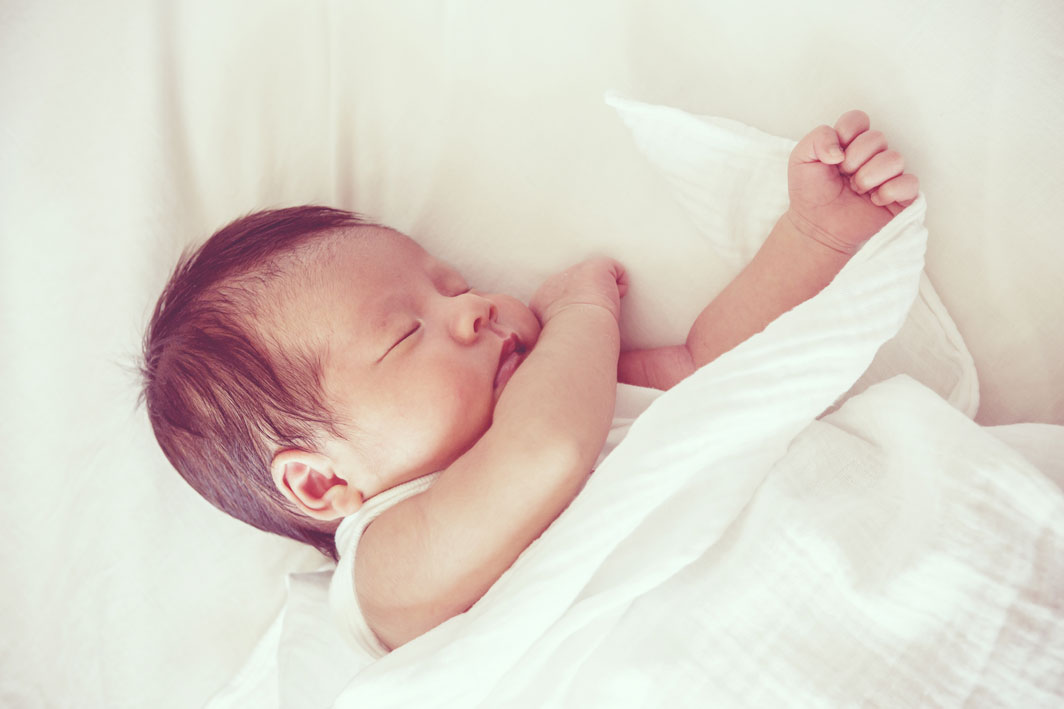
06 Jul New: a quick and cheap test to detect jaundice in infants developed
- Monash University researchers have developed a fast, cheap paper test that can detect bilirubin in jaundiced newborns. The tape-paper sensor is on the verge of extensive clinical trials.
- The in-home test aims to detect bilirubin levels and could provide results in less than 10 minutes.
- More than 60 per cent of newborns experience jaundice within 15 days of birth. A percentage of these jaundiced babies require hospital admission for a period of phototherapy
The joint-development by Monash University’s Faculty of Engineering, the Monash Institute of Medical Engineering and Monash Health, has the potential to be commercialised for point-of-care diagnosis of neonatal jaundice in both homecare and hospital settings.
Monash researchers, led by Professor Wei Shen and Dr Weirui Tan from the Department of Chemical Engineering, in collaboration with clinical champions Associate Professor Dr James Doery and Dr Katrina Harris, have developed a paper test for bilirubin levels, which provides results in less than 10 minutes at a cost of about 60 cents each.
The small volume of samples and reagents needed and a simple kit could one day mean babies in remote and regional areas, and under-resourced poorer countries, could have their bilirubin levels easily monitored and life-changing treatment administered.
“Home treatment of jaundice is currently limited by expensive phototherapy equipment (biliblanket), nursing visits for invasive moderate blood volume testing, and delays in blood results being made available,” Dr Harris, Medical Lead at Monash Children’s @ Home, said.
The method developed by the research team uses tape-paper sensing and involves blood being applied directly onto paper which is capable of separating plasma from whole blood and measuring bilirubin by a colorimetric diazotization method.
Jaundice is a common condition that impacts roughly 60 per cent of newborns. A newborn’s bilirubin levels peak at about two to four days of age, commonly when they are already back home.
However, severe jaundice can cause brain damage if left untreated. The affected baby often needs a home visit from a nurse and a blood test, which can be expensive and takes time for results to determine whether hospital readmission is required.
“The current procedure, adopted by Monash Children’s Hospital, for monitoring neonates who have been discharged three days after birth is via home-visits by nurses collecting neonates’ blood samples and then conducting blood bilirubin assays in the hospital,” Dr Harris said.
“Left untreated, high levels of bilirubin may result in brain impairment. This simple, fast, accurate, low-cost and timely point-of-care analysis of total bilirubin provides an unmet need, especially in resource-limited areas.”
“The ability to commercialise these tape-paper sensors means we can get this into the hands of hospitals and nurses so they can provide timely care and support to newborns and their families.”




